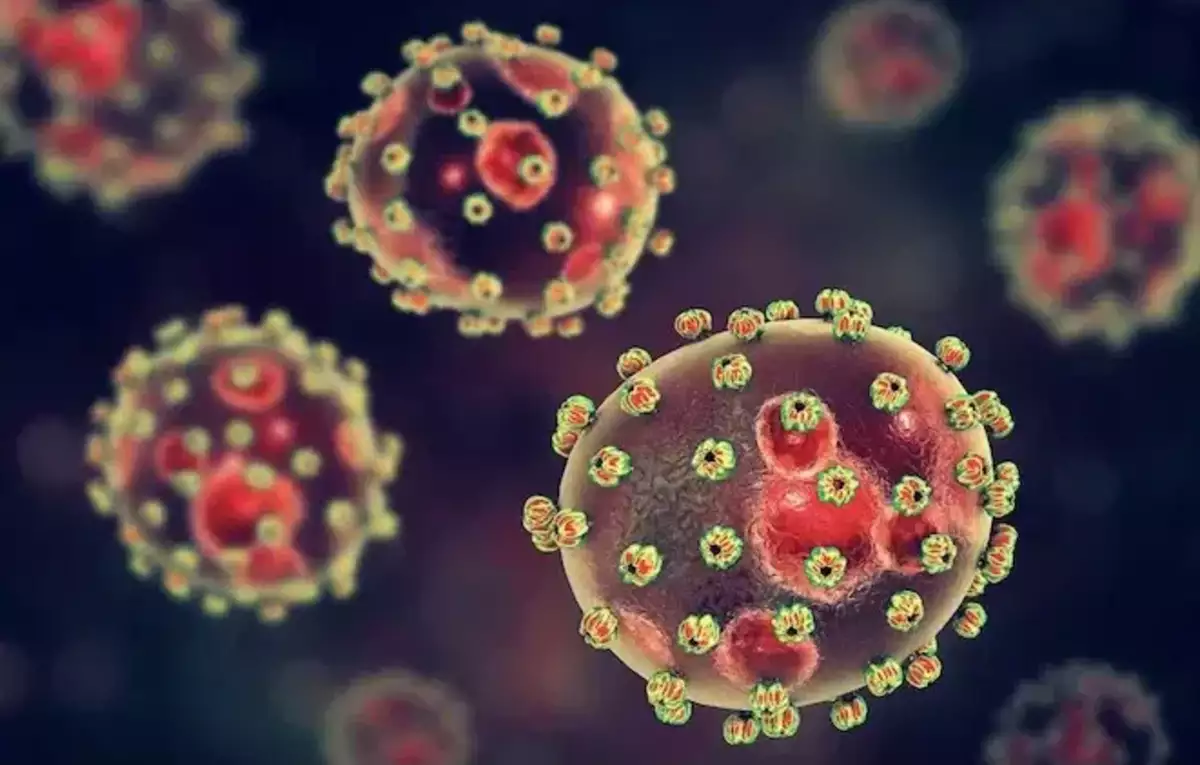Coffee Consumption and Gut Health: The Surprising Link to Specific Bacteria
Coffee, one of the most popular beverages worldwide, is often celebrated for its rich aroma, energizing effects, and health benefits. From improving mental alertness to reducing the risk of certain chronic diseases, coffee has become an integral part of daily routines for millions. However, recent research has uncovered an intriguing connection between coffee consumption and gut health, specifically its role in influencing the growth of certain gut bacteria. This discovery sheds new light on how coffee might impact overall health through the gut microbiome.
The Gut Microbiome and Its Importance
The gut microbiome refers to the diverse community of microorganisms residing in the human digestive tract. These bacteria, viruses, fungi, and other microbes play a crucial role in maintaining health by aiding digestion, supporting the immune system, and producing essential nutrients. An imbalance in the gut microbiome, known as dysbiosis, has been linked to various health conditions, including obesity, diabetes, inflammatory bowel disease, and even mental health disorders.
Understanding how dietary habits influence the gut microbiome is a growing area of research. Among the many foods and beverages consumed regularly, coffee has emerged as a significant player in modulating gut bacteria composition.
Coffee’s Impact on Gut Microbiota
Recent studies suggest that coffee consumption can alter the gut microbiome in unique ways. Specifically, researchers have identified a link between coffee and the promotion of beneficial bacteria. A study published in Nature found that regular coffee drinkers had higher levels of a particular gut bacterium called Faecalibacterium prausnitzii, known for its anti-inflammatory properties and its role in gut health.
- Increase in Beneficial Bacteria:
Coffee contains various bioactive compounds, including polyphenols, chlorogenic acid, and dietary fiber, which act as prebiotics. These compounds serve as food for beneficial gut bacteria, promoting their growth and activity. - Reduction in Harmful Bacteria:
Coffee’s antimicrobial properties can help reduce harmful bacteria in the gut, potentially preventing infections and maintaining a balanced microbiome. - Enhanced Diversity:
Studies indicate that regular coffee consumption is associated with greater microbial diversity, a hallmark of a healthy gut. Higher diversity in the gut microbiome has been linked to better resilience against diseases and improved overall health.
The Role of Faecalibacterium prausnitzii
The bacterium Faecalibacterium prausnitzii has garnered significant attention in gut health research due to its numerous health-promoting properties. This bacterium is one of the most abundant species in the gut and is known for producing butyrate, a short-chain fatty acid (SCFA) essential for maintaining gut barrier integrity and reducing inflammation.
Butyrate has been linked to:
- Improved intestinal health by nourishing colon cells.
- Reduced risk of inflammatory bowel diseases, such as Crohn’s disease and ulcerative colitis.
- Enhanced metabolic health by regulating blood sugar levels and reducing fat accumulation.
The link between coffee and Faecalibacterium prausnitzii suggests that coffee might play a role in improving gut health by fostering the growth of this beneficial bacterium.
Key Components in Coffee Supporting Gut Health
Several compounds in coffee contribute to its positive effects on gut microbiota:
- Polyphenols:
Coffee is rich in polyphenols, which have antioxidant and anti-inflammatory properties. These compounds are metabolized by gut bacteria, leading to the production of SCFAs and other beneficial metabolites. - Dietary Fiber:
Coffee contains a small amount of dietary fiber, which acts as a prebiotic, providing nourishment for beneficial gut bacteria. - Chlorogenic Acid:
This bioactive compound has been shown to influence gut bacteria composition and promote the growth of beneficial microbes. - Antioxidants:
The antioxidants in coffee help reduce oxidative stress, creating a more favorable environment for gut bacteria to thrive.
Health Benefits Linked to Coffee-Induced Changes in Gut Microbiota
The modulation of gut microbiota by coffee consumption has several potential health benefits:
- Improved Digestion:
Coffee stimulates the production of gastric acid and bile, aiding digestion. By promoting the growth of beneficial bacteria, it also helps maintain a healthy gut lining. - Reduced Inflammation:
The increase in anti-inflammatory bacteria, such as Faecalibacterium prausnitzii, helps lower systemic inflammation, reducing the risk of chronic diseases. - Enhanced Metabolic Health:
Coffee’s impact on gut microbiota may contribute to better regulation of blood sugar levels, reduced insulin resistance, and lower risk of type 2 diabetes. - Boosted Immune Function:
A balanced gut microbiome supports the immune system, enhancing the body’s ability to fight infections and reduce autoimmune responses. - Potential Role in Mental Health:
The gut-brain axis links gut health to mental well-being. By promoting a healthy gut microbiome, coffee may have indirect benefits for mental health, reducing symptoms of anxiety and depression.
Considerations and Moderation
While coffee offers numerous benefits for gut health, moderation is key. Excessive coffee consumption can lead to adverse effects, such as increased acidity, digestive discomfort, or disrupted sleep patterns.
Experts recommend limiting coffee intake to 2–4 cups per day to maximize its benefits while minimizing potential side effects. It’s also important to consider how coffee is prepared; black coffee is often the healthiest choice, as excessive sugar, cream, or artificial additives can negate its positive effects on gut health.
Future Research Directions
The relationship between coffee and gut microbiota is a burgeoning field of study. Future research aims to:
- Investigate the long-term effects of coffee consumption on gut health.
- Explore the impact of different coffee types and brewing methods on the microbiome.
- Identify specific populations that may benefit most from coffee’s gut health benefits.
Additionally, researchers are examining how coffee interacts with other dietary components to influence gut microbiota. Personalized nutrition strategies based on gut microbiome composition could one day incorporate coffee as a tailored intervention for specific health conditions.
The link between coffee consumption and specific gut bacteria, particularly Faecalibacterium prausnitzii, highlights the profound impact of dietary habits on gut health. Coffee’s ability to promote beneficial bacteria, enhance microbial diversity, and reduce inflammation underscores its potential as a functional food for improving overall health.
As research continues to unravel the intricate relationship between coffee and the gut microbiome, this beloved beverage may gain even more recognition for its health-promoting properties. For coffee enthusiasts, this is another reason to savor their daily cup, knowing it might be doing much more than just providing a caffeine boost—it could be fostering a healthier gut and a healthier you.






















